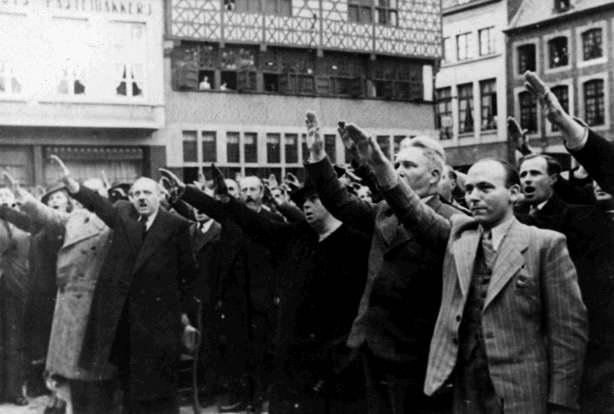New research project: The provincial administration of Limburg during the Second World War. (2020-2021)

The recent appearances of the Antwerp provincial governor Cathy Berx, in an effort to help prevent the spreading of the Coronavirus, have put the provincial administrative level in the spotlight again, making citizens who usually have no direct dealings with this level of administration more aware of its existence. During the Second World war, the provincial administrations played a key role in the daily lives of the citizens as well. For example, they organized the rationing system and helped protect the citizens against airstrikes.
Strangely enough, the provincial administrative level at the time of the Second World War has so far only scarcely been studied. So the initiative by the province of Limburg to have research carried out about the history of the provincial administration during the Second World War is highly welcome. The research mission was assigned to the State Archives/CegeSoma.
Archive inventory and historical research
The research mission is twofold: First, the existing but dated inventory about the provincial administration archives from the Second World War period must be revised and expanded. Second, historical research must be carried out about the role of the provincial administration during the occupation, based on which an illustrated text aimed at the large public must be produced. The focus will be both on the mode of operation of the provincial administration and on the impact that the administration had on the citizens. The new social and economic missions entrusted to the province, with regard to the provision of supplies for example, shall therefore take center stage.
The research perspectives are indeed promising: prospecting of the archives has revealed that in addition to common sources of administrative and formal nature (service orders, regulations, internal guidelines, forms, etc.), the archives contain sufficient documents to allow an approach “from the bottom up” (complaints of citizens, reports of supervisors about all sorts of infringements against regulations). As the research project is scheduled for a period of ten months, the results shall have a rather exploratory character, and it shall not be possible to study the history of the provincial administration in all aspects. Nevertheless, we will have a better understanding of the role played by the provincial administrations during the occupation.
Aline Thomas, master in history and in Dutch and German Linguistics and Literature (UGent), is in charge of research. She has already gained experience through earlier work at Geheugen Collectief.


